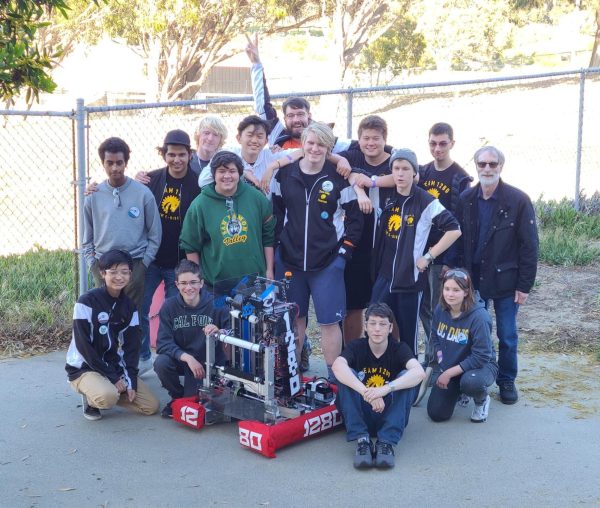Students’ need for sleep
No one likes waking up early. That morning-grogginess we all feel, even with the full eight hours of recommended sleep, is our brain’s way of saying “I’m still tired”.
School starts too early. The average school day in the United States begins around 8:00. As stated by Kyla Wahlstrom, a senior research at the University of Minnesota, melatonin secretion in teens doesn’t allow their brains to even begin naturally waking up before 8 am. Student’s brains weren’t made to function at the break of dawn.
Most school boards know this, yet they always seem to struggle with whether or not they should establish a delayed start time.
Some may argue that teenagers are simply too lazy or that they stay up late on their cell phones. This would cause them to lack the recommended hours of sleep. Thankfully, there is evidence that proves these accusations false. When puberty starts the sleep cycle is disrupted, causing a change in how late one is able to stay up without feeling fatigued.
If most teens are naturally going to bed at 10:30 pm and need at least 8-10 hours of sleep per night, waking up any earlier than 7:00 am on a daily basis wouldn’t be healthy.
Some districts have some concerns when it comes to schools starting later. A later start time means that some students would have to find alternative ways of getting to school since most adults have to go to work at very early times.
To compensate for a delayed start time, the school would also have to end later too. Some schools fear that would interfere with after-school sports and other extracurricular activities.
Yes, their concerns are valid. Maybe the benefits outweigh the inconveniences that may arouse. So how would more sleep help students?
Teens who receive the full 8-10 hours of sleep tend to perform better in academics. Having enough sleep every night can improve one’s attention span and memory. According to the article Sleep and Adolescents by Peg Dawson, sleep loss can cause “brief mental lapses in attention” while doing certain tasks. This makes things harder on the brain since it requires more motivation and uses up more energy.
Sleep can also significantly affect the alertness of teenagers, especially those who drive. “As a category of accidents, motor vehicle fatality is the leading cause of death to teenagers, representing over one-third of all deaths,” Arialdi m. miniño wrote Mortality Among Teenagers. The high schools in Teton County School District in Wyoming began starting later in 2013. Their crash rate dropped by 70% within the first year of the new start time.
More sleep can improve one’s mood and mental state too. This is a considerable topic of concern now. More and more teenagers each year are being diagnosed with depression. Feelings that are commonly associated with depression and other mental illnesses become over 33% more common in teens who receive less than 9 hours of sleep.
Schools should really consider their options and the benefits of starting later. Maybe that extra hour of sleep is worth it.






